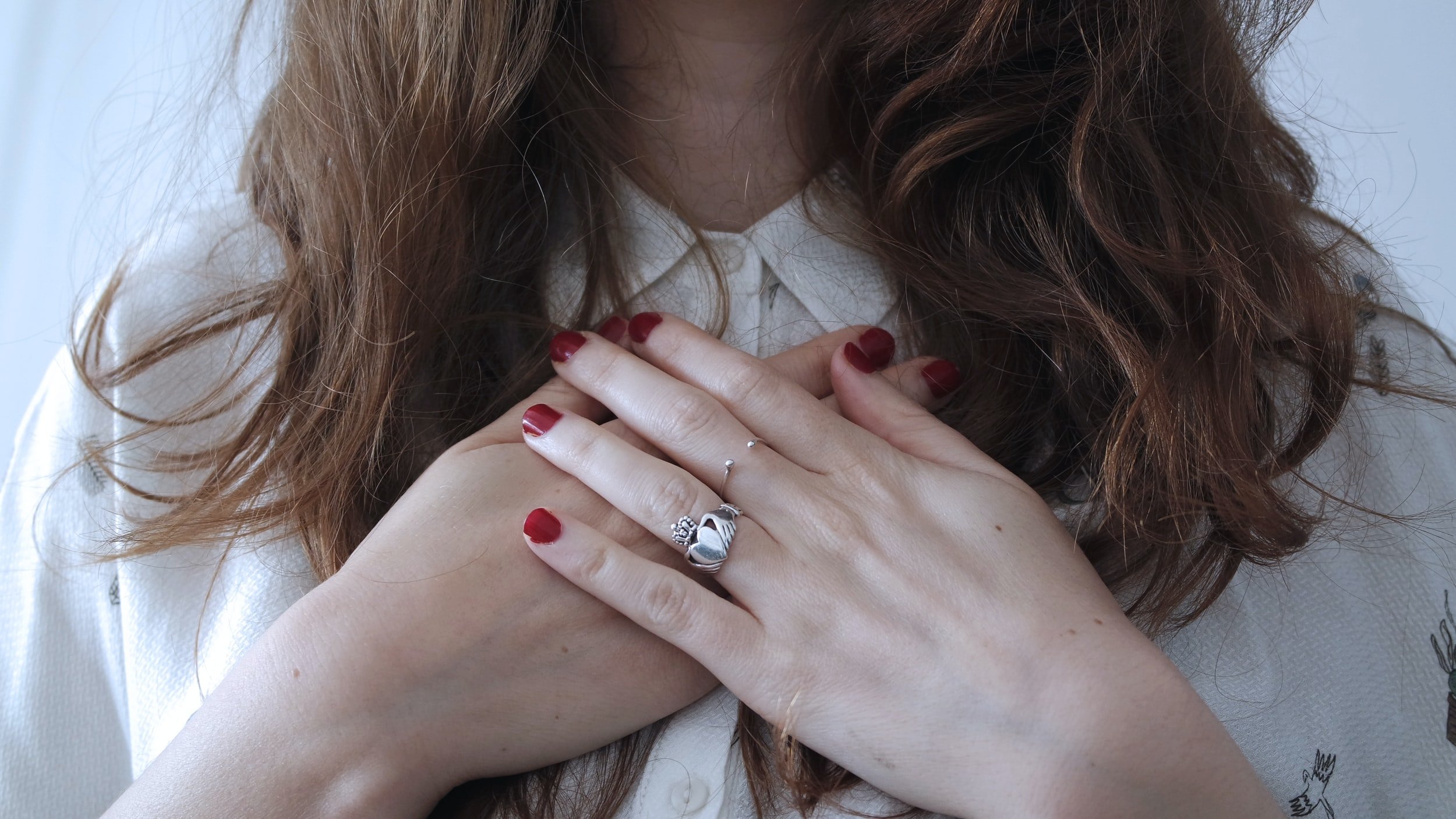
Therapist’s Blog

Am I an Alcoholic? Signs of Alcohol Use Disorder
“Is My Relationship with Alcohol Healthy? Is My Drinking Unhealthy? Am I an Alcoholic?”
Read on to learn to learn signs of an alcohol use disorder or an unhealthy relationship with alcohol.

The Unexpected Costs of People-Pleasing
A people-pleaser is someone who helps others, gives often, and is very attuned to the needs and emotions of others. That in itself doesn’t sound so bad. And I agree. Most people-pleasers I know, myself included, are often empathetic and considerate.
The label people-pleaser is applied when that helping becomes almost compulsive and is tied to someone’s ability to feel socially safe and wanted.
People-pleasers usually help to the point of burning themselves out and abandoning their own needs. Yes, they are attuned to others, but usually at the lack of paying attention to themselves.

Rosebud: What’s in a Name?
Change is so difficult and scary. So many of us avoid it at all costs, even to the point of hurting ourselves in the process. Willingness to change - or to bloom - is key in therapy. We become willing to take the risk to be vulnerable, to grow, to blossom. This incredible transformation is something I have the honor of seeing in my clients time and time again.

What are Boundaries? : The Key to Healthy Relationships
A boundary is a line that marks a limit, such as who I am and who I am not, who I give my time to and who I do not, how I’m willing to be treated and how I am not.

Learn How to Embrace Reality Fully: Radical Acceptance Guide
Last week, I introduced the concept of Radical Acceptance and why it can be a useful practice. This week let’s talk about how to practice it, as well as some myths about radical acceptance that may make it hard for us to fully embrace it.

Radical Acceptance: Part 1
When faced with a painful situation, we can do one of four things:
We can attempt to solve the problem, or change the situation.
Uh-oh - that didn’t work? Well, our second option is to stay miserable. Maybe we even become bitter or resentful because we can’t stop thinking about how unfair this situation is! Maybe if I think about how crappy it is, it will magically change…
(Side note: Sometimes we need to sit in this place for a little while. It’s okay. But it usually isn’t very helpful to stay here too long!)
The third option is to change your perception of the situation. Maybe instead of focusing on how rude it was for that driver to cut you off, instead be grateful that you did not get in an accident and that you have quick reflexes!
Lastly, we can choose to radically accept the situation. Let’s talk more about this option.

New to Therapy? What to Expect in Your First Session
You’ve known for a while that you need some help; you’ve meticulously combed through therapists on Psychology Today; you’re ready to make a change in your life . . . But what the heck does a therapy session even look like?

How do I “ground” myself?
Do you ever catch yourself tensing up and fixating on thoughts of everything that could go wrong, or maybe just everything you have to do? Do you struggle to stay in the present moment? Do you ever feel overwhelmed by feelings of anxiety?
It may be helpful to try out some “grounding” skills.
